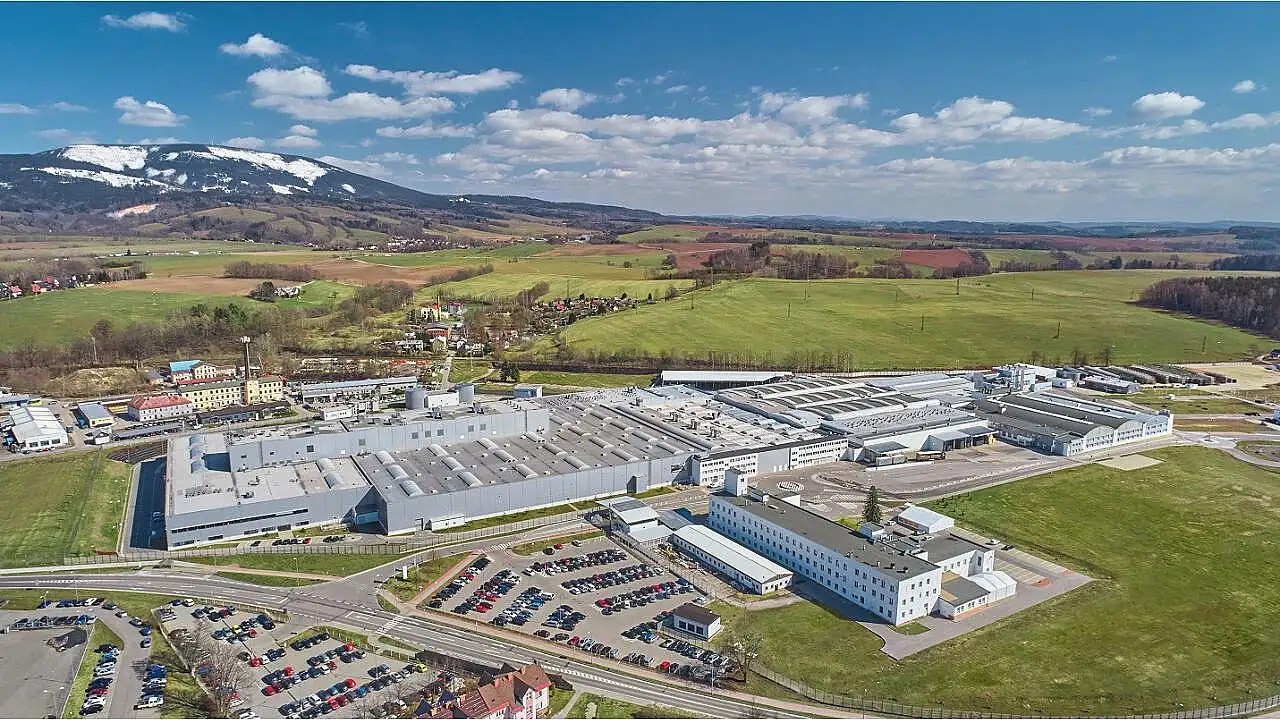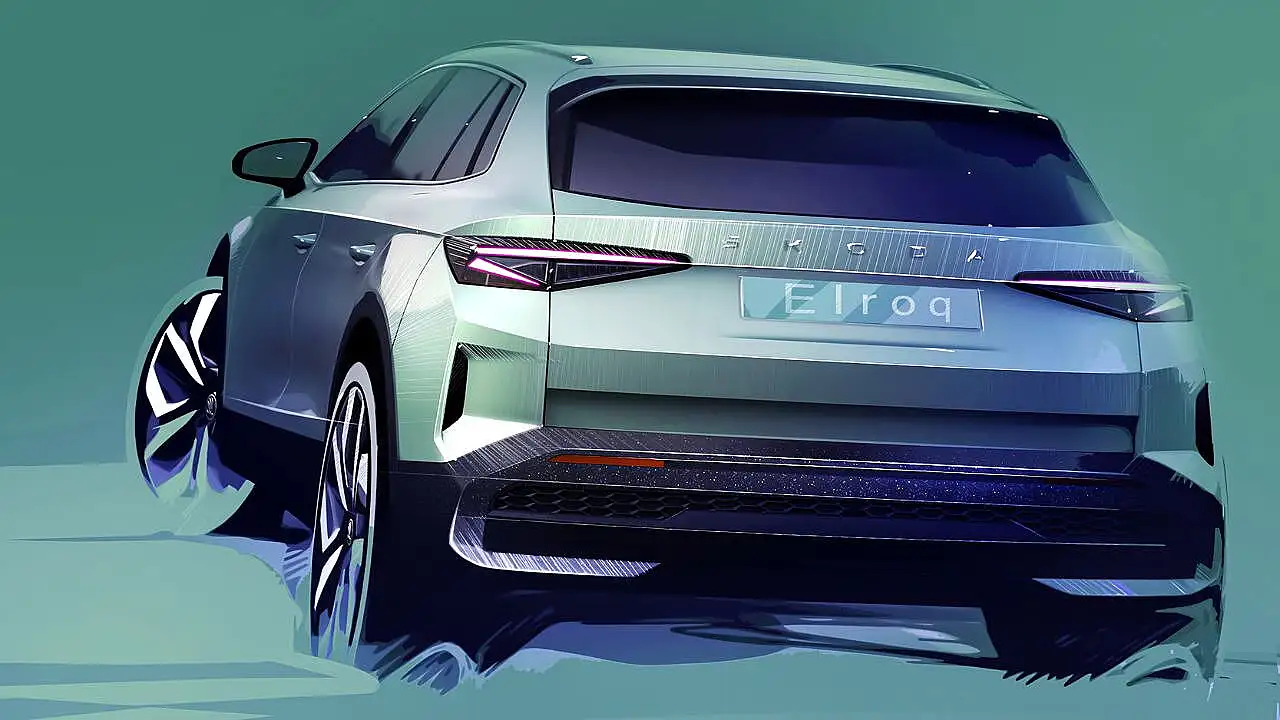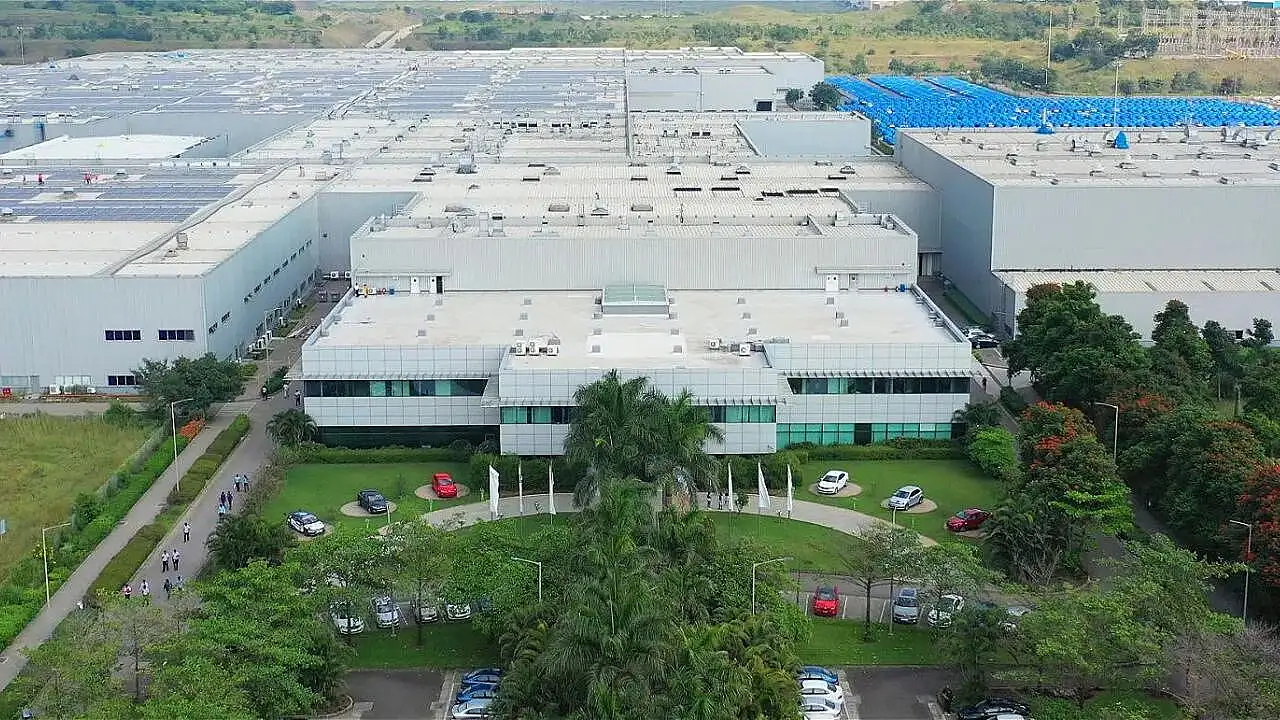
In the rapidly evolving landscape of sustainable mobility, it is crucial for auto manufacturers to offer consumers the freedom to choose how they invest in their vehicles, aligning with their personal goals for a greener future.
Limiting options or steering consumers towards a single solution, whether through subsidies or narrow market offerings, can lead to unintended consequences. “If we try to bend those choices or restrict them to just one path, it becomes costly—either for the government through subsidies or for the industry in terms of profits,” remarked Klaus Zellmer, Chairman of the Management Board & CEO of Skoda Auto a.s.
Sharing his views on achieving global leadership in sustainable mobility, Zellmer stressed the importance of listening to consumers, sharing insights from Europe where efforts to push people toward decisions they were not initially inclined to make often proved challenging.
He advocated for a phased approach to sustainable mobility, beginning with mild hybrids, followed by strong hybrids, plug-in hybrids, and bioethanol options. He stressed that the fight against climate change can only succeed if everyone is involved, and the key to achieving this is by offering a diverse range of choices that empower consumers to participate in the journey toward reduced CO2 emissions.

Sustainable Business Model
With a legacy spanning 130 years and a presence in over 80 global markets, Skoda Auto has built a robust business model, achieving an impressive 8.4% return on sales in the first half of 2024. As the company sets its sights on selling about a million vehicles in the coming years, it recognises that expansion must align with key “guardrails,” with sustainability being paramount. 'We are aiming for green production because we believe sustainability starts at the very beginning of our value chain,' explains Zellmer. 'For CO2-neutral production, we source green energy and carefully manage water and waste,' he added.
To reinforce its commitment to sustainability, Skoda is focusing on launching new battery electric vehicles (BEVs) in the coming years. 'We have already announced our A0 BEV and our flagship product, a seven-seater BEV,' Zellmer stated. 'We will also introduce our global SUV BEV in India. The Enyaq, currently one of the top four best-selling cars in Europe, will be available in India next year. Additionally, we are excited to bring the Elroq to our portfolio in India—a model we plan to unveil to the world on October 1st this year,' he stated.

Beyond Products
For Skoda, sustainability goes beyond simply the product; it's embedded in the way vehicles are built, designed, and developed. According to Zellmer, the company already incorporates 40% recycled plastics in its future BEV models. Skoda is also working to decrease its Decarbonisation Index (DKI), aiming to reduce its overall CO2 footprint by 40% throughout the product lifecycle. This ambitious target is part of a broader strategy to help the Volkswagen Group’s twelve brands achieve a significant reduction in carbon emissions.
Thoughtful Transition
The company is not only transitioning its portfolio to BEVs but is also incorporating plug-in hybrids, strong hybrids, and mild hybrids, aiming to support a greener energy footprint throughout the vehicle's usage phase. In addition to transforming its lineup, Skoda is optimising its supply chain and implementing CO2-neutral production processes, setting a benchmark for sustainable manufacturing in Europe.
Skoda's journey toward CO2-neutral production has already begun. 'Our three major plants in the Czech Republic, including Vrchlabí, have been CO2 neutral since 2020. Now, all of our facilities are on track to achieve carbon neutrality by the end of this decade,' he said.
This commitment to sustainability is evident in the company's efforts to source green energy and reduce its environmental footprint. “At our main plant in Mladá Boleslav, we have installed photovoltaic rooftop panels, which now generate 41% of the plant's total energy consumption. Water usage per vehicle has been reduced by nearly 38% since 2010, and since 2020, we have sent zero production waste to landfills,' Zellmer highlighted.

India's Path To Sustainability
Having established its presence in India in 2001, the company is now placing its bets on the upcoming launch of the all-new Skoda Kylaq, a sub-four-meter car designed specifically for the Indian market. 'I don't need to emphasise how crucial this segment is here,' remarked Zellmer, 'We are very excited about launching the car in October. Our vision is for Skoda to become the best-selling European brand in India by the end of this decade, and we aim to achieve this sustainably, adhering to our strategic plan,' he added.
In its journey toward sustainability in India, Skoda has made significant strides. In 2024, green energy will account for 30% of the total energy consumption at its Pune plant. The company has also reduced water consumption across its Indian plants by 55% since 2010. In addition, Skoda is actively pursuing a zero waste-to-landfill policy, having already achieved zero liquid discharge at its facilities.
Looking ahead, the company is set on supporting India’s transition to electric mobility. However, Zellmer emphasised the need for stable government incentives to facilitate this shift. 'The Indian government’s target of 30% BEV share in passenger cars by the end of the decade is, in my view, very ambitious. It’s a goal that certainly drives our approach toward sustainability,' he noted.
Product Vision & Strategy
While the Enyaq and ID4 are cornerstones of its BEV portfolio, the company also offers a middle ground between fully electric vehicles and traditional internal combustion engine (ICE) cars. This comes in the form of the Kodiaq and Superb plug-in hybrids. These models boast an electric range exceeding 100 km, which, for many customers, means they can rely almost entirely on e-mode for their daily commutes.
“We believe that offering highly efficient ICE models will remain part of the strategy moving forward,” he explained. 'It’s crucial to provide consumers with options, as the ultimate decision rests in their hands,' he concluded.
Also Read:
Skoda Introduces Kylaq: A New Contender In The Compact SUV Market